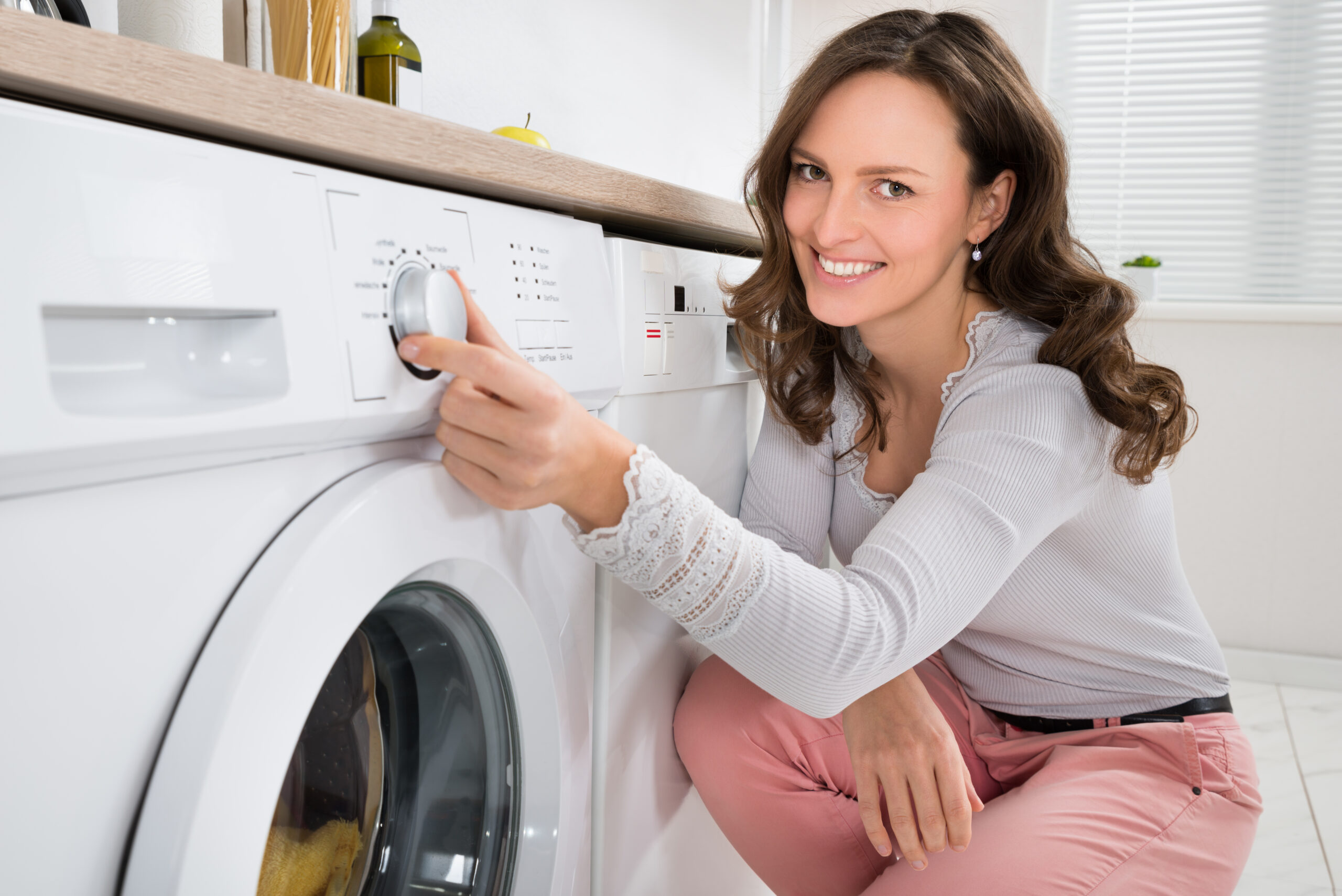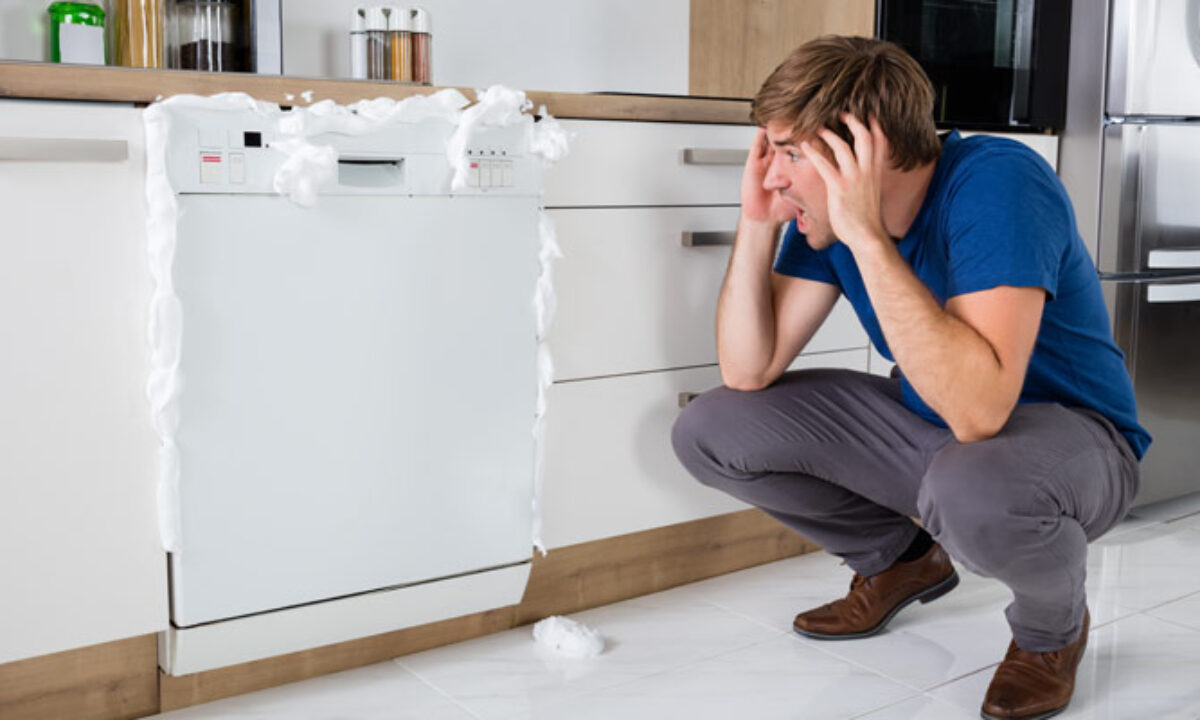Have you been interested in resources around The Most Common Dishwasher Problems?

Having your dishwashing machine failure or malfunction can be a big deal and trigger some discomfort in the house. Dishwashing machines are devices that we use to tidy dishes as well as flatwares instantly to conserve us the tension of by hand doing it.
Like every other equipment that reduces human initiative, dishwashing machines can break down as well as develop some mistake at some time in time. There are numerous faults your dishwasher might create, as well as while several of them can be solved by replacing some components or repairing them, other a lot more extreme defects will need that you obtain a brand-new dishwasher.
This short article will determine a couple of usual mistakes your dish washer can develop to hinder its overall performance and how these faults can be solved.
Usual Mistakes
Usual dish washer mistakes might range from minor to major ones. Depending on the extent, you will either need the solutions of expert plumbing technicians to repair or change it.
A few of the most common faults include:
Leaking Dishwashing machine
This is possibly one of the most daily dishwashing machine trouble, and the good news is that it is very easy to recognize. Leaks take place due to a number of reasons, and also the leaks can make a mess of your cooking area. Common causes of dishwashing machine leaks include;
If your recipes and cutleries come out of the dishwasher as well as still look dirty or dirty, your spray arms may be a trouble. In a lot of cases, the spray arms can get clogged, and also it will call for a fast clean or a replacement to function properly once again.
Lack of ability to Drain
Occasionally you may discover a large amount of water left in your bathtub after a laundry. That is probably a drain issue. You can either check the drain pipe for problems or blockages. When unsure, call an expert to have it examined and also fixed.
This is an additional usual dishwashing machine problem, and also it is generally triggered by food debris or grease lingering in the equipment. In this instance, search for these particles, take them out and do the dishes without any meals inside the machine. Laundry the filter thoroughly. That will aid eliminate the negative scent. Guarantee that you get rid of every food fragment from your meals prior to moving it to the equipment in the future.
Verdict
Several of these usual dishwasher faults can be repaired conveniently in the house, but in some cases, the mistakes could be massive and also may need the focus of specialists. If you live in Rochester, Syracuse, and various other parts of America, allowed the professionals appropriately identify what could be incorrect with your dish washer and proffer a service.
We also set up dishwashing machines if you just purchased a new one or plan to change your own. With our many years of experience in the industry, we are sure to offer you the very best possible solutions.
8 Most Common Dishwasher Problems & How to Fix Them
My Dishwasher Isn't Draining
If your dishwasher isn't draining properly, you may be having an issue with your dishwasher's drainage system. This can be caused by a variety of issues:
Clogged drain: The dishwasher's drain may be clogged with food particles or other debris. Malfunctioning pump: The dishwasher's pump is responsible for moving water through the system and out of the drain. If it's damaged or not working correctly, it could cause a drainage failure. Broken or clogged hose: The dishwasher's drain hose may be broken or clogged, causing water to back up in the system. How to Fix Dishwasher Not Draining
Check the drain for any blockages. A clogged or kinked hose will prevent water from properly draining out of the dishwasher. Use a plunger or a pipe snake to clear any debris that may be blocking the drain. Check the dishwasher's pump for damage or malfunction. Consult the manufacturer's manual or call a professional appliance repair service if you think the pump may be the issue. Check the drain hose for any damage or blockages. The hose should be straight and free of any debris or kinks. Check the drain pump filters for any blockages if the hose is clear, but the dishwasher is still not draining. Some dishwashers have filters that can become clogged with food particles or debris. Cleaning or replacing the filters may help resolve the issue. Run a dishwasher cycle to make sure the water is properly draining out. My Dishwasher Is Leaking
A leaking dishwasher can be frustrating. There are a few possible causes that you can investigate to try and diagnose the issue:
Inspect the dishwasher for any visible signs of damage or wear and tear. Look for cracks or holes in the door and around the rubber seal. Check the hoses and pipes connected to the dishwasher for any signs of leaking. If there is no visible damage, you may hear the sound of water dripping or the sound of the water pump running. This might mean a problem with the water inlet valve or the drain pump. You may also notice a puddle of water on the floor near the dishwasher. This could indicate a blocked drain hose or a faulty drain pump. Finally, check the seals around the door and the door for any signs of damage, wear and tear, or improper installation. If any of these issues are present, they must be fixed immediately to avoid further water damage. How to Fix a Leaky Dishwasher
Identify where the leak is coming from. The most common places for a dishwasher to leak include the door, hoses, and pump. If the leak is coming from the door, the gasket or seal may need to be replaced. If the leak is from the hose or pump, the damaged parts should be replaced with new ones. Finally, check all the connections and make sure they are secure and not leaking How to Fix a Dishwasher That Won't Start
The perfect remedy for a dishwasher that won't start is confirming all the components are in perfect working order and that the wiring is in good condition. Next, inspect the motor and replace it if necessary.
If these steps do not resolve the problem, contact a professional appliance repair technician to diagnose and fix the issue.
Conclusion
Most dishwashers are reliable appliances with a long lifespan. As with all devices, checking your dishwasher regularly will help you quickly identify any issues and ensure that it is running efficiently.
And if you're in the market for a new dishwasher, don't let dishwasher problems ruin your day. Upgrade to a reliable, efficient model today! Check out our full selection of top-quality dishwashers that includes a range of styles and features to suit any budget and household needs.
https://www.coastappliances.ca/blogs/learn/common-dishwasher-problems

Hopefully you enjoyed reading our part about The Most Common Dishwasher Problems. Thanks a ton for finding the time to read through our piece. If you appreciated our article if you please be sure to pass it around. Thanks for taking the time to read it.
Click Here To Find Out More